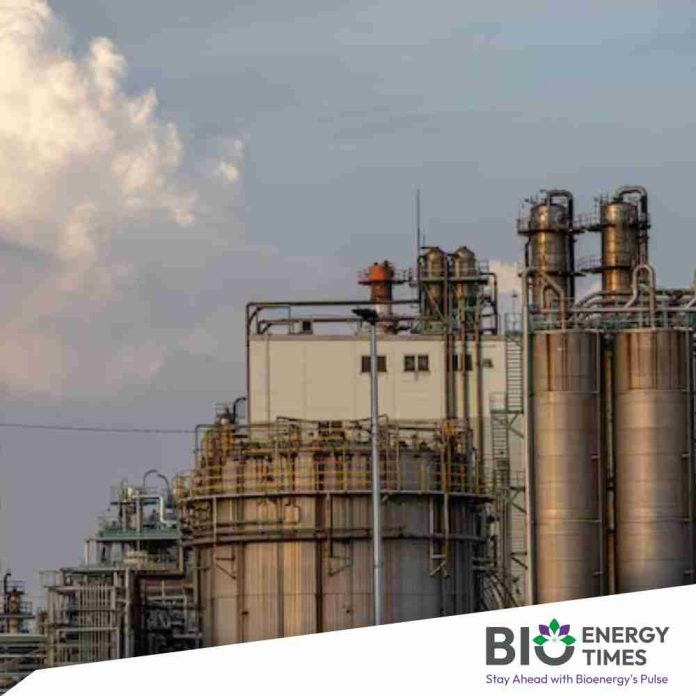The Department of Biotechnology (DBT), under the Government of India, continues to spearhead global clean energy efforts, co-leading the Mission Integrated Biorefinery alongside the Netherlands as part of the broader Mission Innovation (MI) 2.0 initiative. This commitment was reaffirmed at the Mission Innovation Annual Gathering 2025, held from April 9–11 in Seoul, South Korea — a high-level multilateral platform aimed at fast-tracking clean energy innovation worldwide.
The concept of Mission Innovation was first introduced by Prime Minister Shri Narendra Modi during COP21, in collaboration with then French President François Hollande. Since its inception, India has remained a proactive and influential participant in the initiative.
During the Seoul gathering, DBT, representing India as part of the official delegation, engaged in discussions focused on enhancing collaboration across various MI missions and platforms. A central theme of these conversations was advancing biorefinery technologies for sustainable production of fuels, chemicals, and materials.
DBT highlighted India’s BioE3 (Biotechnology for Environment, Energy, and Economy) Policy, underscoring its critical role in tackling climate change while aligning with national priorities under the Integrated Biorefinery Mission. The policy, which promotes sustainable, low-carbon manufacturing practices, was reviewed extensively in roundtable discussions by MI members and technical advisory groups.
Delegates emphasized how the BioE3 framework is designed to foster an innovation-led manufacturing ecosystem through the development of enabling technologies. India’s progress in integrating Carbon Capture, Utilization, and Bioenergy (CCUB) into its biomanufacturing efforts was also shared with the MI community, highlighting its potential to support global decarbonization goals.
Further deliberations at the event centered on opportunities for research, development, and demonstration (RD&D) in biomass-based biomanufacturing. In addition to participating in strategic dialogues, DBT was actively involved in focused sessions on biotechnology and biomanufacturing priorities during site visits to clean energy facilities. These included meetings at Hanyang University and the Korea Institute of Science and Technology, organized with support from the Indian Embassy in Seoul.
The sessions underscored that innovations in biotechnology for fuels, chemicals, and materials represent a significant opportunity for Mission Innovation member countries to accelerate their pathways to a low-carbon future.
For detailed information and further insights, please refer to BioEnergyTimes.com, which provides the latest news about the Biomass Industry















